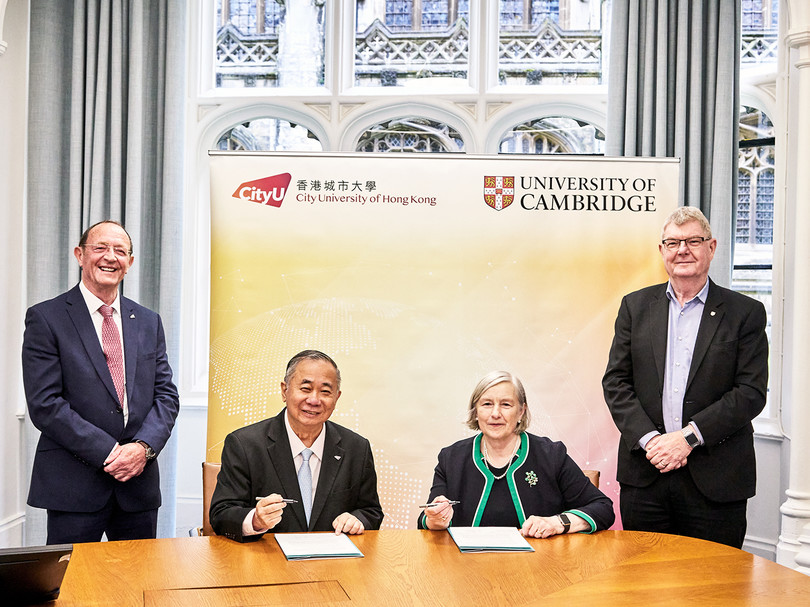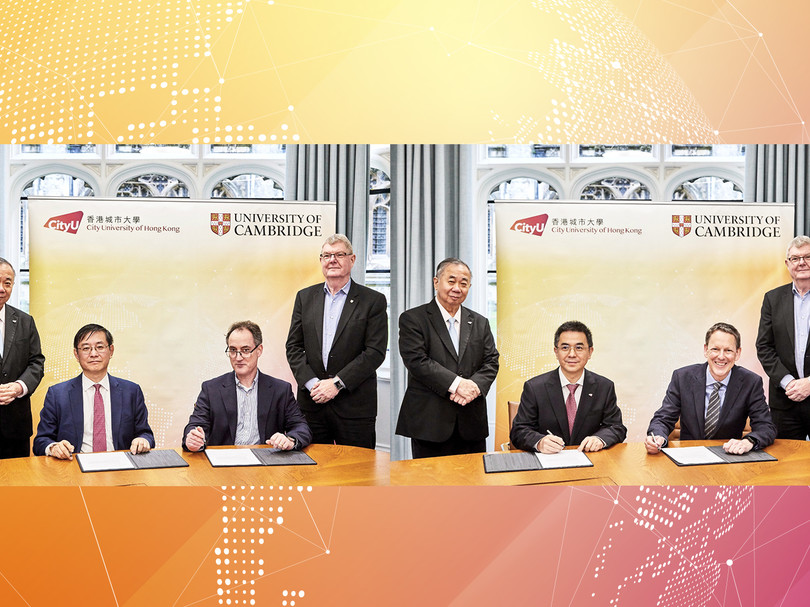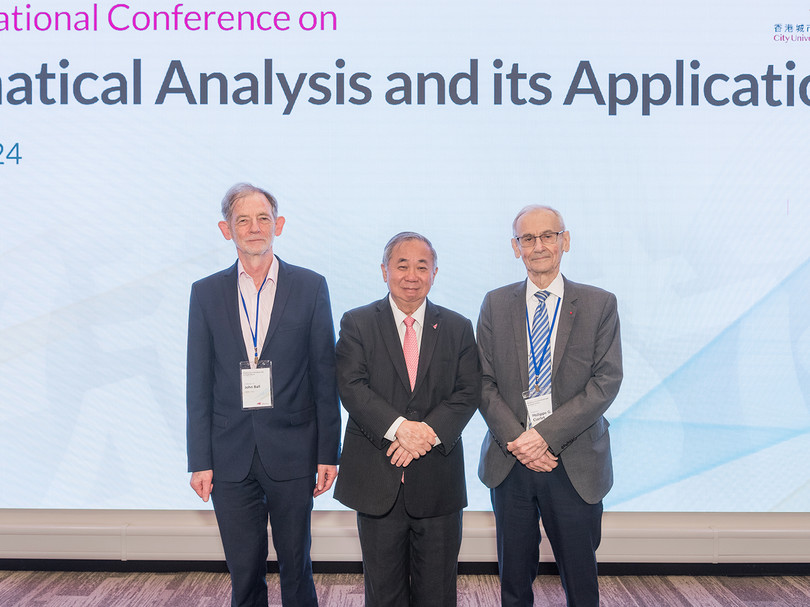Showing 11 to 20 of 40 results
In May 2002, I joined a delegation to Oslo, Sweden, organized by the Hong Kong General Chamber of Commerce. It happened that the Nobel Prize Committee had organized an exhibition in celebration of its 100th anniversary and I came across a famous saying of Lord Ernest Rutherford, the 1908 Nobel Laureate in Chemistry: "We haven't the money, so we've got to think." That got me thinking about Hong Kong.
The word "diaspora" in its normative usage indicates the dispersion of Jews and the settling of Jewish communities after the Babylonian captivity. More generally, it refers to Jews living outside of Palestine or modern Israel. In recent decades, however, discussions of cultures and communities other than the Jewish have often applied the word "diaspora" in a much expanded sense to include other minority groups living outside their native land.
From the Bible and all the way to Resurrection, Crime and Punishment, and Portrait of the Artist as a Young Man, the theme of "confession consciousness" runs deep in Western literature.
A handful of high value e-business applications -- e-gaming, e-logistics, e-banking, and e-tourism-will take Hong Kong's economy into a new era.
Is Asia the next frontier territory in e-commerce development? How are the small and medium enterprises in the region faring in this IT rush? And what about the adoption of enterprise resource planning, electronic charge cards and ...?
Hong Kong, with its open economy, free flow of currency, its status as a major hub of information and transportation and as a tourist centre for the region, has strong comparative advantages for the development of e-business, even in the current economic downturn.
Has the US government overreacted to the corporate scandals of Enron, WorldCom, Global Crossing and like? Is the Sarbanes-Oxley Act, passed in July 2002, an effective antidote to growing corporate dishonesty and a powerful catalyst in restoring investor confidence, or is it another set of overly restrictive rules that will punish most other businesses that have all along abided by the rules? How is the recent American reform looked upon as a model for the rest of the world?
As part of its bid to enrich the learning experience, CityU encourages students to take part in its Student Exchange Programme. Under this scheme, students are eligible to apply for Student Exchange Fund (SEF) sponsorship to study in one of CityU's partner institutions for one or two semesters. Successful SEF candidates receive support up to a maximum of 50% of the total costs incurred for passage, accommodation and incidental charges.
Corporate governance, some say, is an expansive web of mechanisms put into place within and outside corporations to ensure the interests and behaviour of managers match shareholders' expectations. In the academic world, scholars attempt to unravel the complexity of the problem from different angles and approaches.
Wouldn't it be good to know that, in the wake of an avalanche of corporate malfeasances, there was a surefire and trustworthy way to gauge how well the listed companies in Asia are governed, rather than having to pore over their annual reports and financial statements? If CityU's Professor Stephen Cheung has his way, by the end of 2003 Asian and global investors could find solace in an innovative corporate governance scoring system he is currently devloping.



